15 Financial Mistakes Tourists Always Make
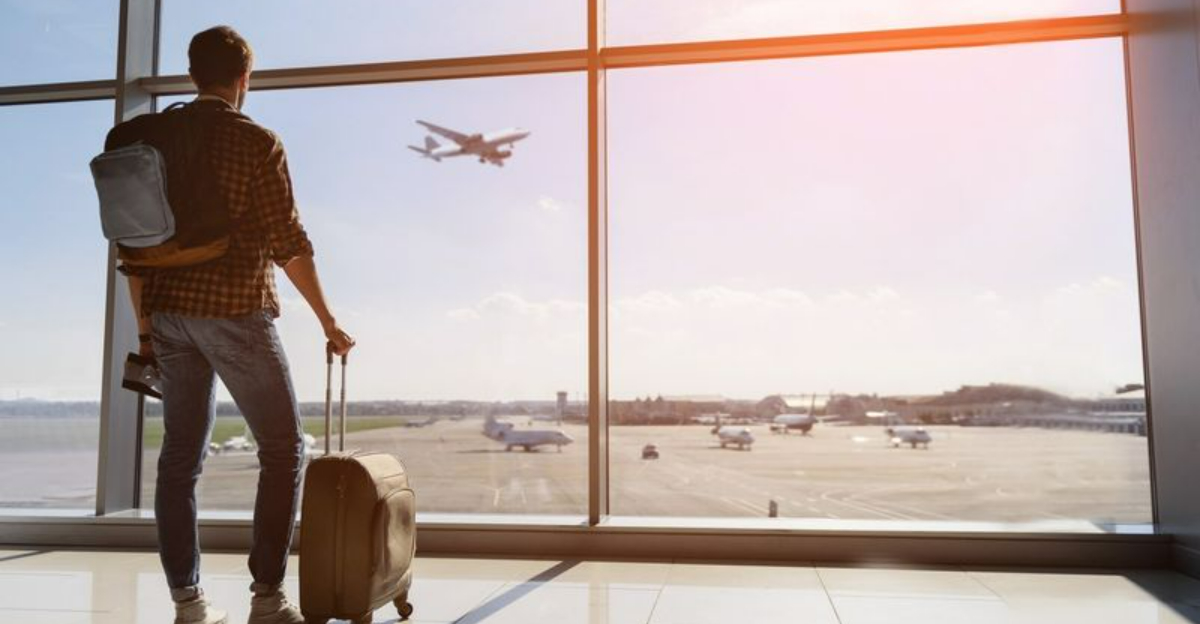
Traveling to new places is exciting, but it can drain your wallet if you’re not careful. Many tourists fall into common money traps that can turn a dream vacation into a financial nightmare.
I’ve seen these mistakes happen over and over again, and they’re totally avoidable with just a bit of planning. Let me show you the top money mistakes to avoid on your next adventure.
1. Exchanging currency at the airport
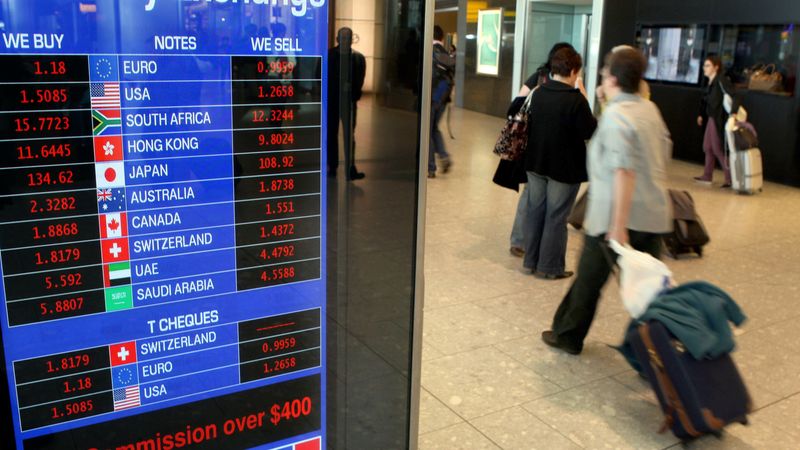
Airport currency exchange booths might seem convenient, but they offer some of the worst rates you’ll find anywhere. Those glowing signs promising “no commission” are hiding terrible exchange rates that can cost you 10-15% more than necessary.
My friend lost nearly $50 exchanging $300 at JFK Airport last summer. The booth’s rate was dramatically worse than what she could have gotten at her destination.
Plan ahead by ordering currency from your bank at home or using ATMs at your destination. Local ATMs typically provide much better rates, though check if your bank charges foreign transaction fees first.
2. Paying in your home currency when abroad

When using your card abroad, you might be asked if you want to pay in your home currency. This seemingly helpful option is actually a sneaky trick called Dynamic Currency Conversion (DCC).
I fell for this in Barcelona last year. The waiter asked if I wanted to pay in dollars instead of euros, and I thought, “Great, no math needed!” Later I discovered this convenience cost me an extra 5% on my meal.
Always choose to pay in the local currency. The exchange rate applied by your card provider is almost always better than the one offered by the merchant’s payment system. This small choice can save you significant money over a trip.
3. Carrying too much cash
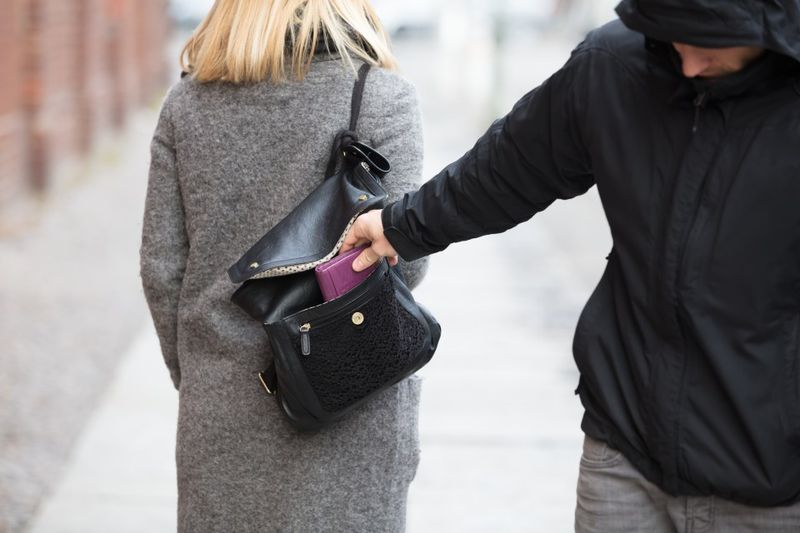
Stuffing your wallet with cash before a trip might feel safe, but it actually puts you at greater risk. Lost wallets and pickpockets are real concerns in tourist areas, and that money isn’t protected like funds on a card.
My cousin carried $500 in cash during her Rome trip. When her pocket was picked near the Colosseum, that money was gone forever – no fraud protection, no recovery options.
Instead, carry just enough cash for small purchases and emergencies. Use credit cards with no foreign transaction fees for larger expenses, and withdraw from ATMs as needed. This approach minimizes both theft risk and the amount you could potentially lose.
4. Forgetting to notify your bank
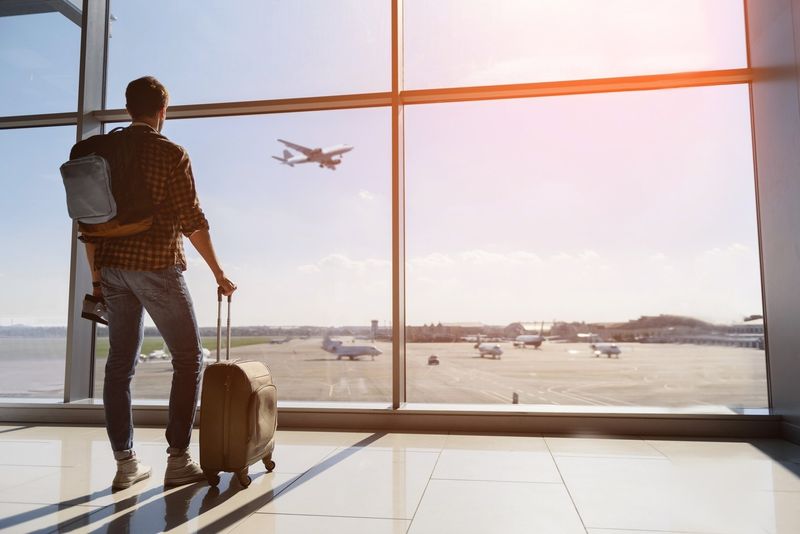
Ever had your card declined while trying to pay for dinner abroad? Nothing ruins a vacation faster! Banks often freeze accounts when they spot unusual activity in foreign countries.
I learned this lesson the hard way in Paris when my credit card stopped working. Standing outside a restaurant in the rain, I spent an hour on an international call to unfreeze my account.
Simply contact your bank before traveling and tell them where you’re going. Most banks have online forms or app features to register travel plans, taking just minutes to save hours of vacation headaches.
5. Skipping travel insurance
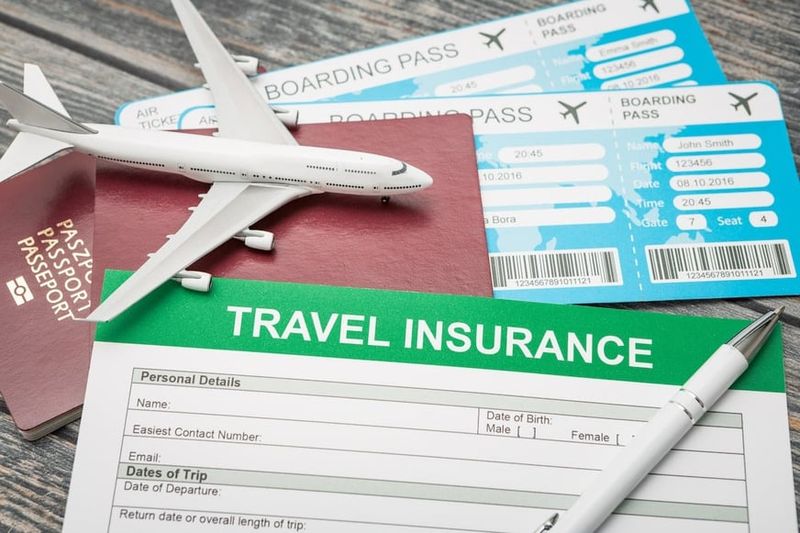
Travel insurance seems like an unnecessary expense until you actually need it. Many tourists skip this protection to save a few dollars, creating major financial vulnerability.
My neighbor broke her ankle hiking in New Zealand without insurance. The medical bills and emergency flight changes cost her over $15,000 out of pocket – roughly 30 times what comprehensive travel insurance would have cost.
Quality travel insurance covers emergency medical care, trip cancellation, lost luggage, and even emergency evacuation. The peace of mind alone is worth the cost, typically just 4-10% of your total trip investment. For international travel especially, it’s not an optional extra – it’s essential financial protection.
6. Overtipping in foreign countries
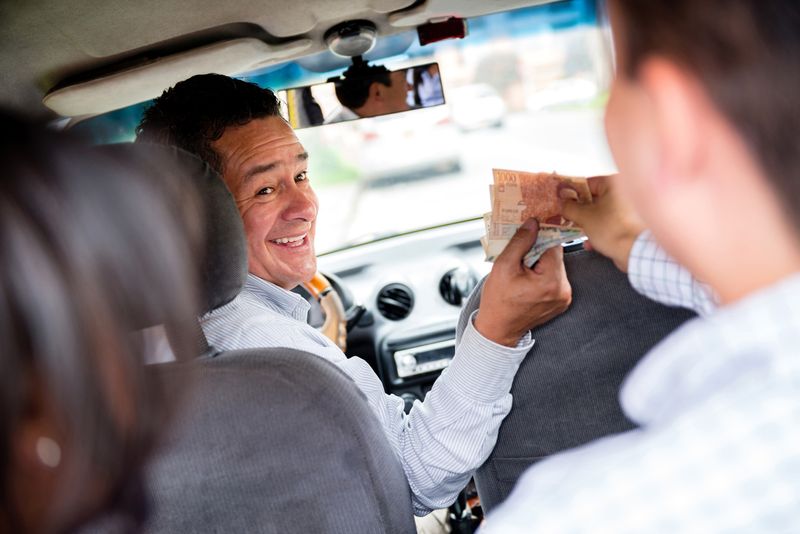
Tipping customs vary dramatically around the world, and American tourists often waste money by applying U.S. tipping habits globally. In many countries, service charges are already included or tipping is simply not expected.
While visiting Japan, I kept trying to tip servers until a friendly local explained it can actually be considered rude there. Meanwhile, in parts of Europe, the service charge is typically built into the bill.
Research tipping customs before your trip. In Australia, tipping is appreciated but not expected. In Spain, rounding up the bill is sufficient. Understanding local practices helps you avoid both overspending and cultural misunderstandings that could make interactions awkward.
7. Falling for tourist tax scams
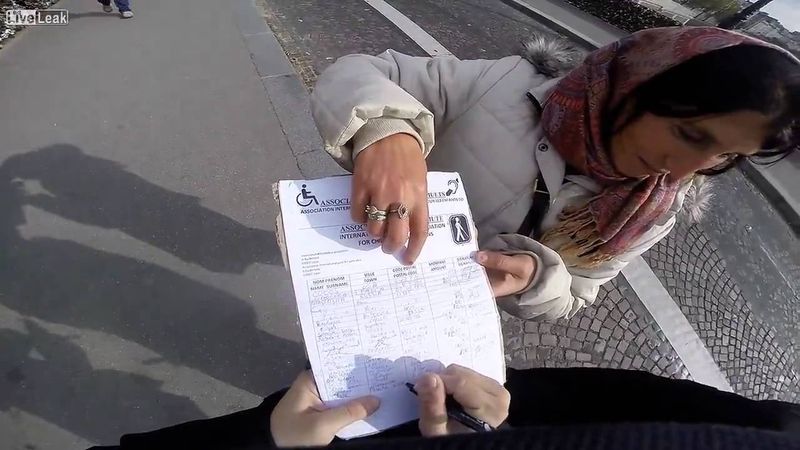
“Special tourist taxes” demanded in cash by unofficial-looking people are almost always scams. These fraudsters often wear fake badges or vests and target visitors who aren’t familiar with local regulations.
While walking near the Eiffel Tower, a man with a clipboard approached me demanding a €20 “city visitor fee.” Something felt off, so I politely declined. Later I learned this is a common scam targeting tourists in Paris.
Legitimate tourism taxes are typically collected by hotels or included in tour prices – never by random individuals on the street. If someone approaches you requesting unusual fees, politely decline and walk away. When in doubt, ask your hotel staff about any legitimate local taxes.
8. Using public WiFi for banking
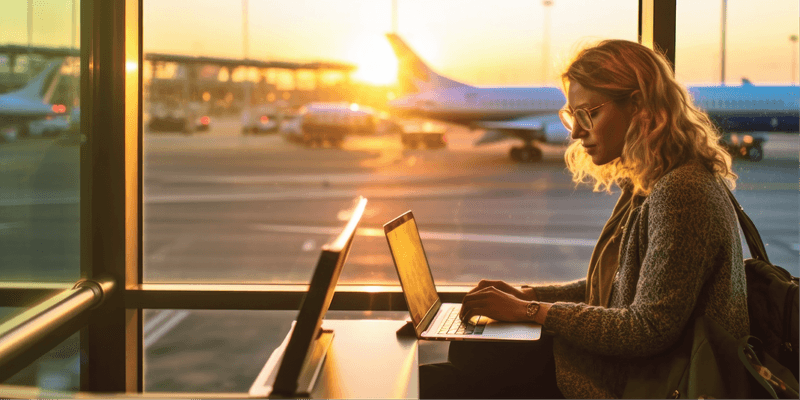
Checking your bank account on public WiFi might be convenient, but it’s like leaving your wallet open on a crowded bus. Hackers frequently target tourist hotspots to intercept financial data transmitted over unsecured networks.
A family I know had their credit card details stolen after checking their account balance using hotel WiFi in Mexico. The thieves racked up $3,000 in charges before the card was frozen.
Use a VPN (Virtual Private Network) app when connecting to public WiFi, creating an encrypted tunnel for your data. Better yet, use your phone’s mobile data for sensitive transactions. Some banks also offer offline authentication methods that don’t require constant internet connection to approve transactions.
9. Ignoring foreign transaction fees
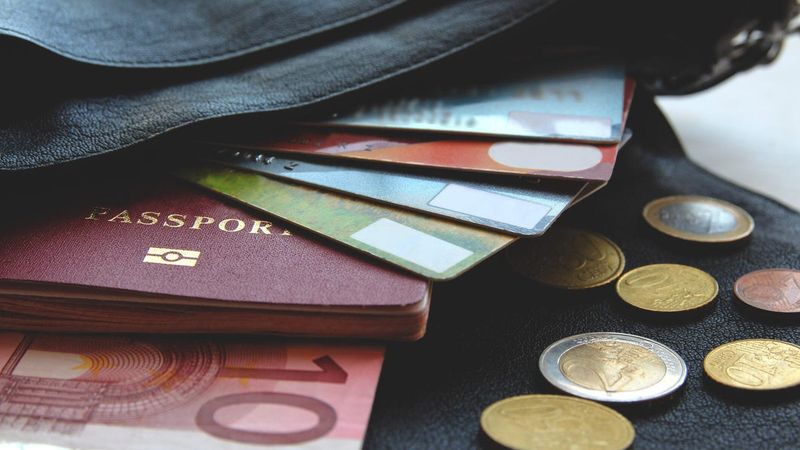
Those tiny foreign transaction fees can add up to a shocking amount by the end of your trip. Many banks charge 1-3% on every purchase made abroad, turning that “affordable” vacation into something much pricier.
During my two-week trip to Europe, I was stunned to find over $200 in foreign transaction fees on my statement. That’s money I could have spent on experiences instead of bank charges!
Before traveling, get a credit card specifically designed for international use with no foreign transaction fees. Many travel-focused cards even offer bonus points on travel purchases and other perks like airport lounge access or travel insurance. The savings on fees alone can pay for the annual fee many times over.
10. Booking activities at your hotel
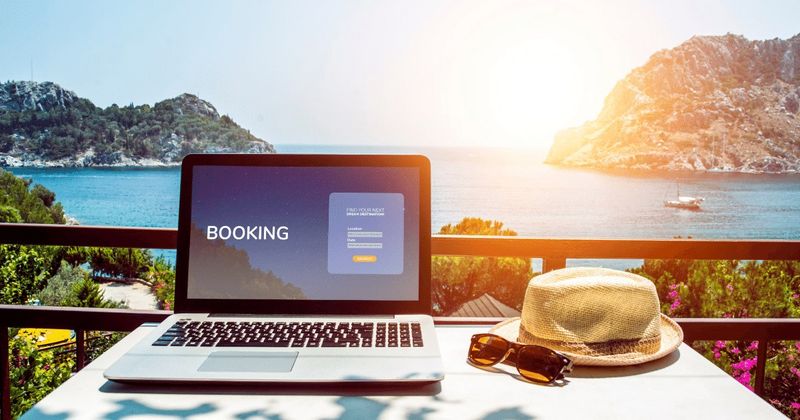
Booking tours and activities through your hotel seems convenient, but you’re usually paying a significant markup. Hotels often add 20-40% commission to these services without adding any real value.
In Thailand, I booked an elephant sanctuary tour through my hotel for $95. Later, I discovered other guests paid just $60 booking directly with the same company online.
Do quick research on your phone before booking anything. Check official websites, verified booking platforms like GetYourGuide or Viator, or simply walk to the attraction and book in person. The money saved could fund an extra day of adventures or a special meal. Plus, booking directly often gives you more flexibility with schedules and cancellation policies.
11. Not having a daily budget
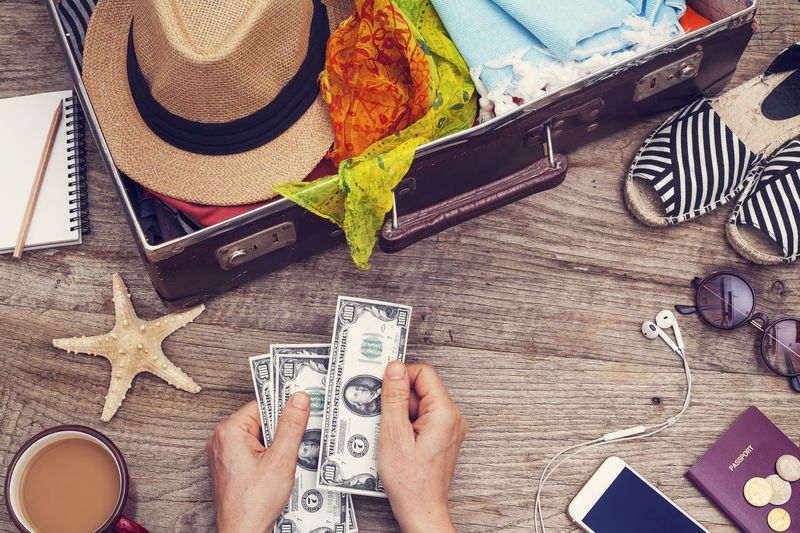
Vacation mode often means throwing financial caution to the wind. Without a daily spending plan, those little splurges add up fast, leading to post-trip credit card shock.
My first trip to New York City was financially disastrous because I didn’t set spending limits. Every day brought “just one more” Broadway show, shopping trip, or fancy restaurant until my credit card was maxed out halfway through the vacation.
Set a realistic daily budget before your trip and track spending with a travel budgeting app. Allocate funds for accommodations, food, activities, and souvenirs. Building in a buffer for unexpected expenses or special opportunities helps maintain flexibility without financial stress, keeping your vacation enjoyable both during and after the trip.
12. Eating near major attractions

Restaurants with views of famous landmarks charge for the location, not the food quality. These tourist-trap eateries often serve mediocre meals at premium prices, knowing visitors will pay for convenience and the view.
I paid $25 for the worst pasta of my life at a restaurant facing the Roman Colosseum. Just three blocks away, locals were enjoying authentic, delicious meals for half the price.
Walk just 10-15 minutes away from major attractions to find better food at reasonable prices. Look for restaurants filled with locals rather than tourists, or ask hotel staff where they eat. Food recommendation apps with local reviews can also lead you to hidden gems that offer authentic cuisine without the tourist markup.
13. Last-minute souvenir shopping

Rushing to buy souvenirs at the airport or hotel gift shop guarantees you’ll pay inflated prices for lower-quality items. These shops know you’re out of options and time, so they charge accordingly.
My friend spent $75 on a small replica of the Eiffel Tower at her hotel gift shop. Later, we found the identical item at a local market for just €15 (about $17).
Plan souvenir shopping for the middle of your trip, when you’ve had time to scout prices but aren’t rushed. Local markets and shops away from tourist centers offer better prices and more authentic items. Consider practical souvenirs like local spices, crafts, or clothing you’ll actually use, creating lasting memories beyond dust-collecting trinkets.
14. Buying unnecessary travel gear
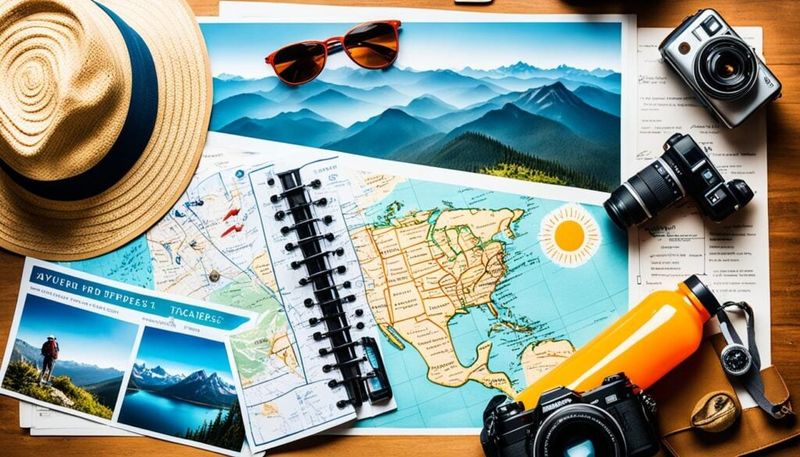
Pre-trip shopping sprees for specialized travel gear often waste money on items you’ll rarely use. Those compression sacks, special travel clothes, and gadgets often stay in your suitcase or get used once.
I spent over $200 on “essential” travel gadgets before my first big trip. The special neck pillow, travel clothes with hidden pockets, and portable luggage scale were barely used. Meanwhile, I forgot simple necessities like sunscreen.
Focus on versatile basics you already own. If you need something specific at your destination, you can usually buy it there, often at better prices. Make a list of genuine necessities based on your activities, not what marketing suggests you need. Your wallet—and your overstuffed suitcase—will thank you.
15. Renting cars without research

Renting a car abroad without research can lead to shocking bills at drop-off. Hidden fees, insurance requirements, and fuel policies vary dramatically between countries and companies.
In Ireland, I rented a car for what seemed like $200 for the week. At return, my bill was over $600 due to mandatory insurance I hadn’t understood when booking. The agent had explained it rapidly with an accent I struggled to follow.
Always read the fine print before booking. Research local driving laws and insurance requirements. Some credit cards offer rental car coverage, potentially saving you $15-30 daily on unnecessary insurance. Also check fuel policies – “full-to-full” is usually best, while “full-to-empty” options typically charge premium rates for convenience.
